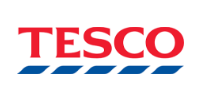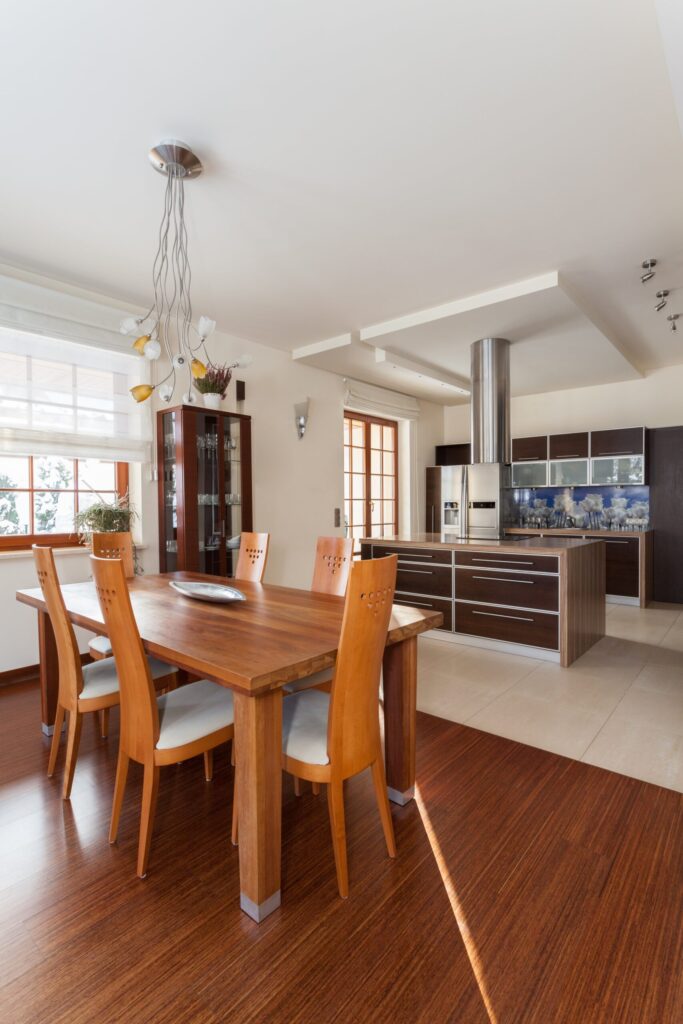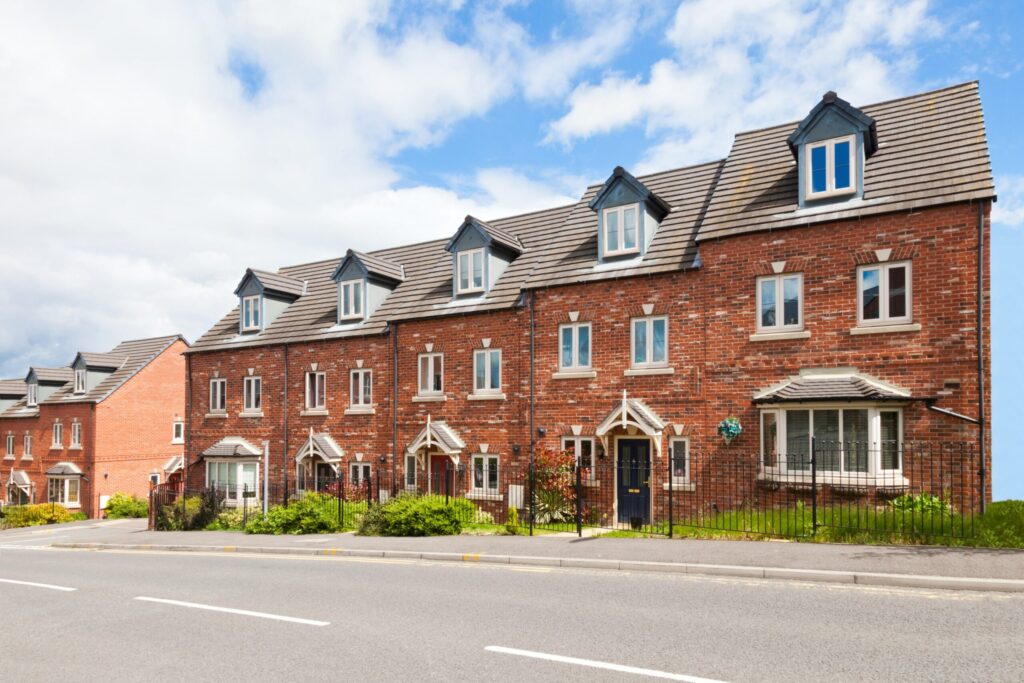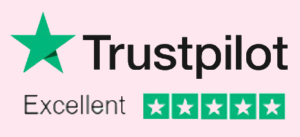
Compare landlord insurance and get your quote today | Monefi.
- Compare home insurance across 50+ leading insurers
- Save up to £151 annually
- In partnership with QuoteZone
PROVIDERS
Compare Home Insurance quotes from 50+ major UK Insurers.






What is Landlord Insurance??
Home insurance, or house insurance, is crafted to provide financial protection for your home and your cherished belongings. With insurance policies, your home and possessions can be safeguarded against damage or loss from events such as fire, floods, storms, and theft, depending on your chosen coverage.
There are two main types:
1. Buildings insurance
2. Contents insurance.

Buildings Insurance
This covers your home’s structure, like walls, roof, and floors. It usually includes fixtures and fittings. While not mandatory, it’s often a mortgage requirement, making it crucial for homeowners.
Contents Insurance
This shields your personal belongings, such as furniture, electronics, and clothing, from theft, fire, and other incidents. While optional, it’s a smart choice for both tenants and homeowners.
Do I need landlord insurance?
Wondering if home insurance is a must for you? While home insurance isn’t legally mandatory, it’s a safeguard you shouldn’t overlook.
Additionally, If you’re in the process of purchasing a property with a mortgage, you might discover that your loan won’t be greenlit unless you have adequate insurance for your bricks and mortar. Whether you are a homeowner, landlord, renter or even a flat sharer, we’ve got policies that can cater to different lifestyle requirements, enabling you to pick your best fit:
Homeowners
Whether you fully own your home or are in the mortgage game, safeguarding your physical structure and belongings can be key.
Landlords
If you’re renting out your property, you’re legally responsible for its condition. Cover the building and contents you provide, and we’ve got you covered.
Renters
As a private tenant, it’s best for you to just opt for contents insurance, as you are only responsible for your belongings. No need to stress about building insurance; that’s on your landlord.
Flat Sharers
Sharing a space? The kind of door locks and access points you have can influence the cost of premiums, especially in shared households where certain risks may be higher.
Holiday Homeowners
Got a holiday home? It’s best to opt for Monefi’s specialised insurance options for properties that remain empty for a long period of time.
Students
If you are living with other students in a student accommodation, You might be covered by a parent’s policy, but let’s chat to be sure.
Landlord Insurance Checklist*
What does landlord insurance cover?
Flooding
- Standard feature: Provides protection against unexpected damage caused by natural events such as heavy rainfall or river overflow.
- Buildings insurance: Provides cover to structure and permanent fixtures.
- Contents insurance: Covers items inside your home, including clothing, electronics, furniture, and carpets.
Subsidence:
- Most standard buildings insurance policies provide coverage for damage caused by subsidence, but this applies only if your property hasn’t experienced such issues before.
- Some policies may also include coverage for losses or damages to belongings due to subsidence and offer temporary accommodation if you need to move out during repairs.
Fire:
Fire coverage is a standard inclusion in both buildings and contents insurance. If you have both types of coverage, it should safeguard the structure of your home as well as all the contents within it, from furnishings and appliances to jewellery, electronics, clothing, and books.
Storms:
You almost certainly have coverage for damage resulting from storms under your buildings and contents insurance. This coverage can help mitigate financial losses caused by a storm, such as roof tiles being blown off. However, it typically applies only to your residence and any additional structures like sheds, excluding damage to fences, hedges, and gates.
Pipes and water damage:
Most standard buildings insurance policies encompass damage resulting from sudden water leaks or burst pipes, often referred to as “escape of water” coverage. Check with your insurer if your policy covers the repair or replacement of burst pipes, as some policies may only cover the damage caused by the leak. Note that gradual leaks, seen as a maintenance issue, are typically not covered.
Theft:
Theft coverage is a standard inclusion in contents insurance but typically applies to items stolen from inside your home.
Smartphone:
In reality, your phone is more likely to be stolen while you’re outside your home. To protect against this, you may need to add coverage for personal possessions outside your home, which is typically not part of the standard package. Double check with your insurance provider; if it’s not included, you can usually add it to your policy for an additional fee.
Engagement ring:
If the value of your engagement ring exceeds the single-item limit on your contents insurance (the maximum amount your provider will pay for a single item), you’ll need to have it separately listed on your policy. This applies to any valuable items exceeding the single-item limit in your policy. If you often wear your ring outside your home, it’s wise to consider additional coverage for personal possessions when you’re away from your premises.
Car keys:
Even if your keys are stolen from your home, they might be covered by your car insurance. Replacing modern computerised key fobs can be expensive, so it’s advisable to check both your car and home insurance policies to ensure coverage for theft, regardless of where your keys were taken from.
What won't landlord insurance cover?
Normal Wear and Tear:
Your home insurance typically won’t cover the natural ageing or wear and tear of your belongings. So, if your favourite sofa is showing its age or your appliances give out, you’ll need to budget for replacements.
Extended Absence:
It’s important to notify your insurer if you plan to be away from your home for an extended period, usually beyond 30 days (some policies might allow up to 60 days). An unoccupied home can present higher risks, so you can browse quotes and help tailor your coverage or explore specialised options.
Asbestos:
Standard home insurance doesn’t include specific asbestos coverage. However, if asbestos concerns arise after an insurable event like a fire or flood, your buildings insurance may assist with removal costs.
Accidental Damage:
Accidentally spilling coffee on your laptop or causing mishaps to your belongings isn’t typically part of standard contents insurance. To safeguard against such incidents, you can usually add accidental damage coverage to your policy for a small extra cost.
Neglected Maintenance:
Claims tied to issues stemming from inadequate home maintenance may be denied. For example, if a leak occurs due to neglected roof tile replacement or if dampness arises from poor ventilation, these could be viewed as maintenance-related and might not be covered.
Frost-Related Damage:
Damage resulting from frost isn’t typically covered by most insurers, as home insurance is designed for unexpected events like storms or floods. Frost is considered a seasonal and expected occurrence.
Intentional Damage:
Standard home insurance covers vandalism by strangers, such as break-ins or graffiti. However, it doesn’t extend to deliberate damage caused by you, your family, or invited guests.
Pest Infestations:
Damage caused by pests like rodents is generally not included in most home insurance policies. However, if you opt for optional home emergency cover, you could receive assistance for pest removal.
Pet-Related Damage:
Standard home insurance policies typically exclude damage caused by pets, including chewing, scratching, tearing, or accidents. So, if your pet leaves its mark, you would have to handle the repair or replacement costs. And remember, it’s important to notify the insurer if you have pets to ensure your policy remains valid.
What properties can be insured with landlord insurance?
Residential property
Our partner QuoteZone exclusively collaborates with 50+ insurance providers authorised and regulated by the FCA, ensuring your coverage is reliable and meets the highest standard.
Commercial property
Our partnership with QuoteZone strengthens our resources, allowing us to bring you affordable quotes, ensuring you don’t overpay.
Multi-property
Experience the best of both worlds with the collaboration of modern technology and years of home insurance expertise. Stay rest assured, knowing you’re in safe hands.


What landlord insurance do I need?
Selecting the right home insurance depends on your unique needs and circumstances. Here are some considerations:

Landlord buildings insurance
Purchasing both home and contents insurance from the same provider may result in discounts. Combining your coverage can often lead to cost savings.

Landlord contents insurance
Some insurance providers offer a discount of around 5% to homeowners who pay their premiums annually instead of on a monthly basis.

Rental income protection
Increasing the excess (the amount you pay out of pocket when making a claim) on your policy might lead to a lower premium. It’s important to be mindful that a higher excess means you’ll need to pay more in the event of a claim.

Rent guarantee insurance
Installing a comprehensive home security system with alarms, BSI-approved locks, and other security components can potentially reduce your insurance premiums for both your home and contents policies. This added security can make your home less susceptible to theft and damage.

Property owners’ liability (public liability) insurance
Purchasing both home and contents insurance from the same provider may result in discounts. Combining your coverage can often lead to cost savings.

Employers’ liability insurance
Some insurance providers offer a discount of around 5% to homeowners who pay their premiums annually instead of on a monthly basis.

Unoccupied property cover
Increasing the excess (the amount you pay out of pocket when making a claim) on your policy might lead to a lower premium. It’s important to be mindful that a higher excess means you’ll need to pay more in the event of a claim.
Landlord emergency cover
Installing a comprehensive home security system with alarms, BSI-approved locks, and other security components can potentially reduce your insurance premiums for both your home and contents policies. This added security can make your home less susceptible to theft and damage.
How much does landlord insurance cost?
According to the latest data from ABI’s Household Premium Tracker as of August 2022, the annual cost of combined home insurance stands at £299*. This average breaks down to an annual average of £228* for buildings insurance and £116* for contents insurance.

The cover level
The area where you reside can significantly impact your insurance cost. Some locations may have higher risks of specific perils, such as theft or natural disasters, which can lead to higher premiums.

The property's location
The size and type of your home, whether it’s a house, apartment, or flat, also matter. Larger properties may have higher rebuilding costs, affecting the price of buildings insurance.

Your property's size and age
The total value of your belongings, including furniture, electronics, and personal items, is a crucial factor in determining your insurance cost. Higher-value contents may result in higher premiums.

Your tenants
The total value of your belongings, including furniture, electronics, and personal items, is a crucial factor in determining your insurance cost. Higher-value contents may result in higher premiums.

Your claims history
The total value of your belongings, including furniture, electronics, and personal items, is a crucial factor in determining your insurance cost. Higher-value contents may result in higher premiums.

How you pay
The total value of your belongings, including furniture, electronics, and personal items, is a crucial factor in determining your insurance cost. Higher-value contents may result in higher premiums.

How to get cheaper landlord insurance?
Install good security
Home insurance safeguards your property against a range of risks, including damage from fire, storms, vandalism, theft, and more. It provides financial assistance to repair or replace your home and its contents, helping you recover from unexpected events.
Increase your excess
Home insurance often includes liability coverage, which protects you in case someone is injured on your property or if you unintentionally damage someone else’s property. This coverage can help cover legal expenses and potential settlements.
Avoid unoccupied periods
If your home becomes uninhabitable due to a covered event, home insurance can assist with temporary living expenses, such as accommodation and meals. This ensures that you and your family can maintain a reasonable standard of living during the repair or rebuilding process.
Combine your insurance needs
Home insurance provides peace of mind, knowing that your most significant investment is protected. It alleviates the financial burden of unexpected repairs, losses, or liability claims, allowing you to focus on your family’s well-being.
Choose tenants carefully
Home insurance provides peace of mind, knowing that your most significant investment is protected. It alleviates the financial burden of unexpected repairs, losses, or liability claims, allowing you to focus on your family’s well-being.
Get the correct rebuild value
Home insurance provides peace of mind, knowing that your most significant investment is protected. It alleviates the financial burden of unexpected repairs, losses, or liability claims, allowing you to focus on your family’s well-being.
What do I need to get a quote with Monefi?
Property details
Assistance in case of sudden and unexpected home emergencies, such as boiler breakdowns, burst pipes, electrical failures, or lockouts. It typically offers access to a helpline for immediate assistance and covers the cost of emergency repairs, ensuring your home remains safe and functional.
Tenant details
Accident cover provides financial protection in case you or a family member is injured within your home. It can help cover medical expenses, loss of income, or rehabilitation costs resulting from accidents that occur on your property.
Cover details
Legal protection covers matters related to disputes with neighbours, tenants, or property-related legal matters. It covers the cost of legal advice and representation, ensuring your rights are protected.
Claims history
Legal protection covers matters related to disputes with neighbours, tenants, or property-related legal matters. It covers the cost of legal advice and representation, ensuring your rights are protected.
Latest news:
Filing a claim should be a straightforward process:
- Contact your insurer, and you can find their contact information on your home insurance documents or their website.
- Be sure to have essential details like your policy number at hand when you call.
- Your insurer will need comprehensive information about the nature of your claim and what you’re claiming for.
- Create a list of damaged furniture and possessions as soon as possible. Some insurers may require you to complete a claim form, while others can handle the claim over the phone.
- If your claim involves theft or burglary away from home, you’ll need a police crime number to initiate the claim officially.
For damage to your property or possessions, you’ll need evidence such as photos or videos. While it might be tempting to tidy up, it’s advisable to leave everything as it is (once safe) in case a loss adjuster needs to assess the full extent of the damage.
Certainly, opting for a higher excess typically leads to reduced insurance premiums. This can result in lower annual expenses, although its cost-saving benefits only materialise in the absence of any claims. When deciding on your excess, think about how much you can afford to pay if you ever need to make a claim.



